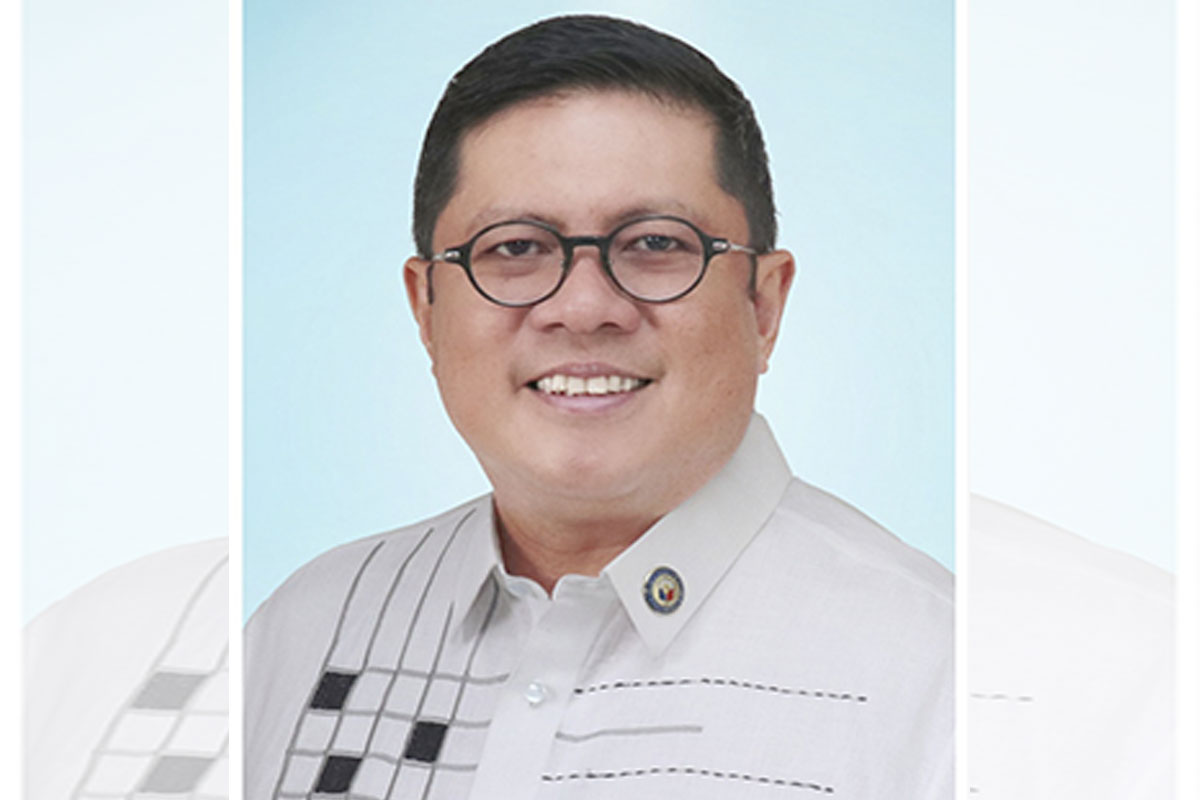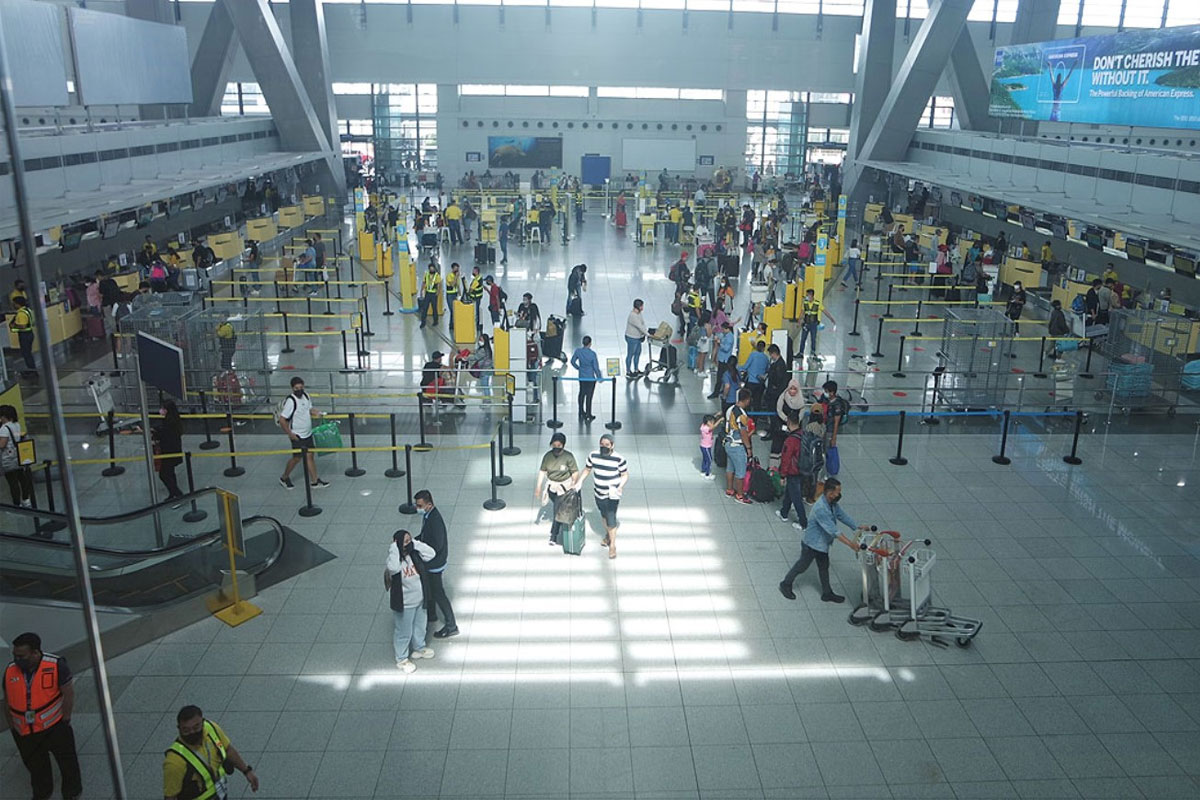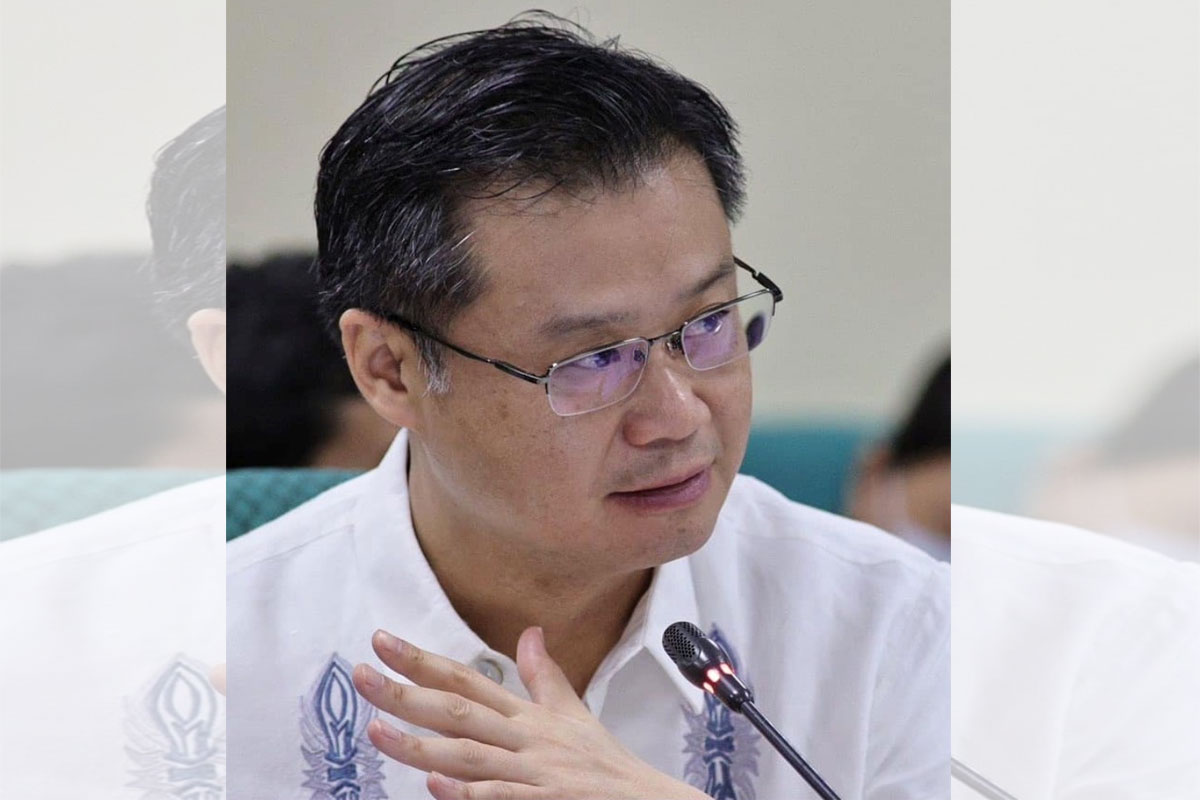
Gov’t won’t bloat with DCMJ creation
THE establishment of a Department of Corrections will “rightsize” the Philippines’ jail management system and ensure that government resources are used prudently and efficiently in running the country’s penal and reformation facilities, according to Bicol Saro Rep. Brian Raymund Yamsuan.
Contrary to misconceptions that his proposal to create this new department will just bloat the bureaucracy, Yamsuan said the goal of his measure is for the government to achieve “greater efficiency and accountability” in overseeing the country’s jails and prisons.
Yamsuan is the principal author of House Bill (HB) 8672, which aims to establish a Department of Corrections and Jail Management (DCJM) that will supervise over the various bureaus and offices in charge of managing the country’s penal and reformation programs for persons deprived of liberty (PDLs).
“Rightsizing the bureaucracy is not just about trimming or abolishing offices and departments. Rightsizing also means restructuring to improve performance. This is the primary objective of my proposal to create a new department or line agency that would integrate all the agencies involved in managing our correctional systems,” said Yamsuan, who is a former assistant secretary of the Department of the Interior and Local Government (DILG).
Under his proposed measure, the Bureau of Corrections (BuCor) of the Department of Justice (DOJ); the Bureau of Jail Management and Penology (BJMP) of the DILG; the correctional and jail services of the provincial governments, the Board of Pardons and Parole (BPP); and the Parole and Probation Administration (PPA) will all be placed under the DCJM.
The appropriations of these transferred offices will go to the DCJM in the initial year of the measure’s implementation. Thereafter, the amount necessary to carry out the functions of the DCJM shall be included in the national budget.
Yamsuan said his proposal to place these agencies under a single authority is similar to the move creating the Department of Migrant Workers (DMW), which unified the various agencies catering to the needs of overseas Filipino workers (OFWs).
Creating the DCJM will help cut red tape within the current setup of the jail management system, where the need to go through layers of authority often hamper the efficient delivery of services, Yamsuan said.
He said the DCJM will also help professionalize the personnel manning the jail management system as it is mandated under HB 8672 to establish the Corrections Training Institute, which shall be patterned after the BuCor’s Corrections Training School and the BJMP’s National Jail Management and Penology Training Institute.
Moreover, a degree and relevant training, along with five years of prior relevant experience in law, criminology, penology, criminal justice, human rights, jail management or correctional service is among the qualifications for the appointment of key officials of the DCJM—from the Secretary to the Undersecretaries and Assistant Secretaries, Yamsuan said.
The DCJM also includes the establishment of an electronic monitoring system containing information on all PDLs and also provides for the establishment of regional correctional facilities across the country.
This encrypted monitoring system will enable the DCJM to track not only the history and whereabouts of PDLs, but also their progress in participating in rehabilitation programs, and more importantly, their time in detention and their appeals processes to determine if they are eligible for reintegration into society.
Once established, this system would be the first step in helping decongest the country’s penal facilities supervised by the BuCor, where overcapacity has reached an alarming 321 percent, Yamsuan said earlier.
The occupancy rate in the New Bilibid Prisons alone is at 477 percent, which has led to a congestion rate of 377 percent, according to the latest available data from the agency.

















